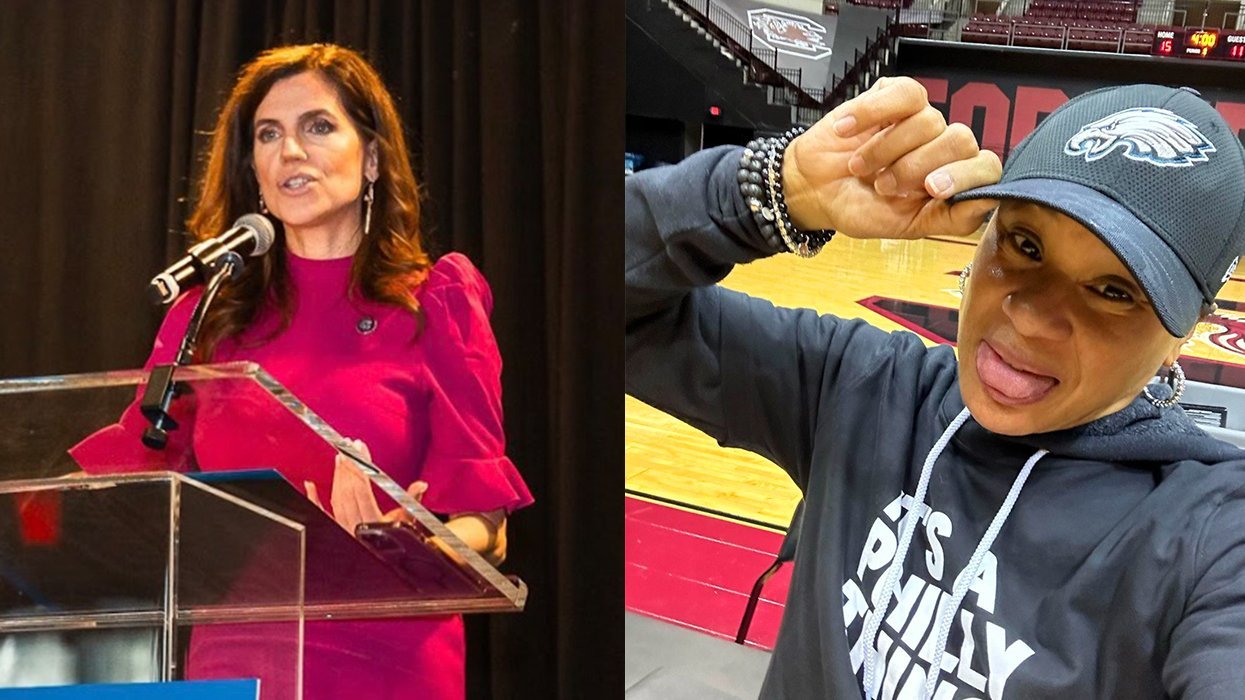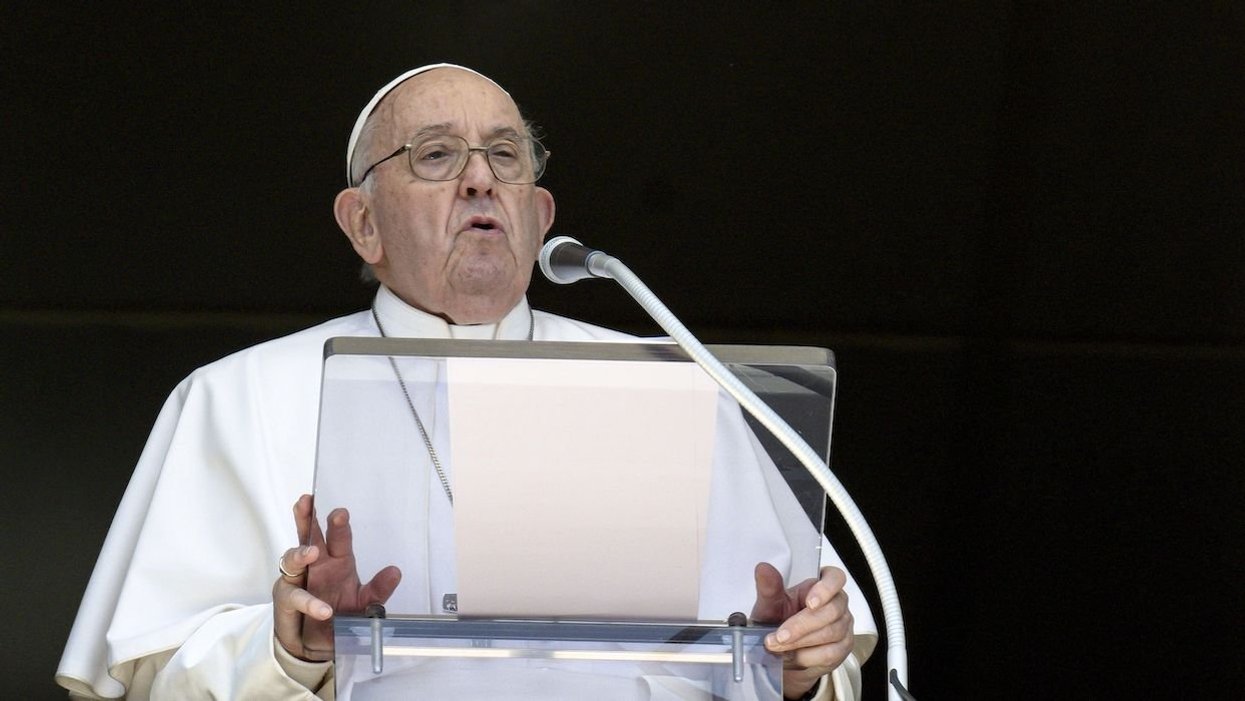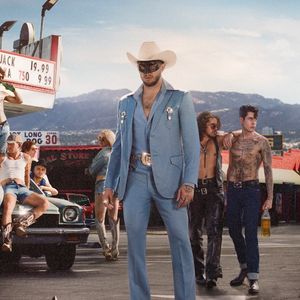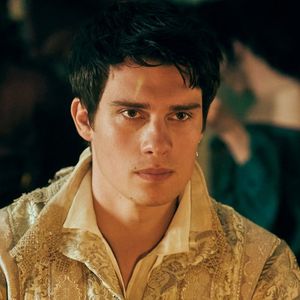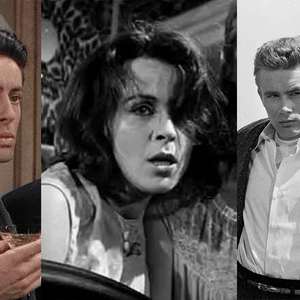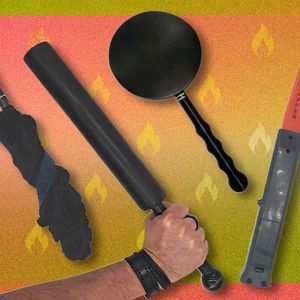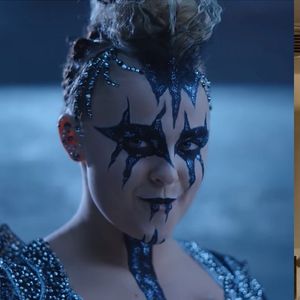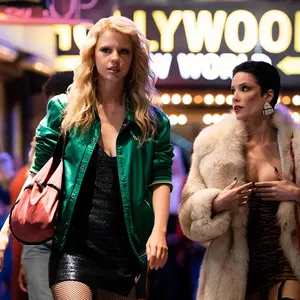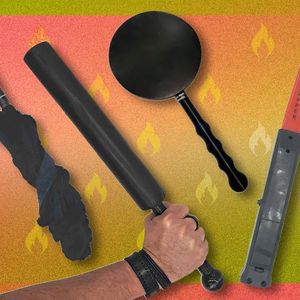CONTACTStaffCAREER OPPORTUNITIESADVERTISE WITH USPRIVACY POLICYPRIVACY PREFERENCESTERMS OF USELEGAL NOTICE
© 2024 Pride Publishing Inc.
All Rights reserved
All Rights reserved
By continuing to use our site, you agree to our Private Policy and Terms of Use.
Jake Heggie used to write press releases about operas. Now he writes the operas. The 42-year-old composer's The End of the Affair opens Thursday at the Houston Grand Opera, his first large-scale work since Dead Man Walking became a smash hit three years ago. In 1994 he was a publicist, after being forced to abandon a career as a pianist due to muscle cramps in his hands. Now he has artists coming to him to write song cycles. He is a rarity--a full-time composer able to make a living. "It was not even a hope in the back of my head that that would ever be possible," he said on a cold January morning during a trip to New York. "When I was working in San Francisco, at the press office, what I thought was that I'd be doing this job and that on weekends and in spare time I would write art songs, and that's what my life would be." It all changed because of Frederica von Stade. "Flicka," as she is known, was at the San Francisco Opera in 1994 for the premiere of Conrad Susa's Dangerous Liaisons, and the mezzo-soprano knew Heggie from the time he was the publicist for a classical series at a Beverly Hills hotel. "One day he said, 'I've written some arrangements of folk songs. Can I show them to you?'" she remembered. "I thought they were beautiful, like Faure, some of them, absolutely beautiful." A composer was born. Lotfi Mansouri, then general director of the San Francisco Opera, commissioned Heggie in 1998 to compose Dead Man Walking, based on Sister Helen Prejean's book. Playwright Terrence McNally wrote the libretto and von Stade sang Sister Helen. "That's a brave impresario, to pull someone from your press office and asked them to write an opera for the company," Heggie said. "It was just lucky stars, I guess." Dead Man was an immediate success, hailed for its drama and accessible music. Other American companies immediately sought to schedule it, and seven of them coproduced a second staging. The European premiere is scheduled for Dresden in two years, a production that will travel to Vienna in 2007. "It's going to be a German production," he said, knowing that country's directors' preference for radical reinterpretations. "I'm not saying anything except that I'm going to be very interested to see what happens." Still, some critics have found Dead Man Walking to be unsatisfying. "This may be very good claptrap. But it's claptrap still," Martin Bernheimer said in the Financial Times. Heggie, an exuberant sort who laughs easily, didn't get deterred. "Of course, we always remember the bad ones," Heggie said. "I would say 80% of the reviews were positive to glowing. The negative ones were really negative. I'd always rather have a popular success than a critical success. The thing is: Who are you really writing for? If you can share a meaningful experience and move an audience, to me that's much more important than worrying about what a critic has to say about it." Singers immediately take to him. Von Stade, Renee Fleming, Bryn Terfel, and Jennifer Larmore have commissioned songs. Heggie's hand problems have cleared up, and he has accompanied many stars in recital. "He just has a lyricism. He has a real gift for melody," said Fleming, who recorded his "I Shall Not Live in Vain," based on a poem by Emily Dickinson. "He certainly understands the psychology of singers. We all love him for that reason." Patrick Summers, who conducted the premiere of Dead Man Walking, will also conduct the initial performances of The End of the Affair in his role as music director of the Houston Grand Opera. Based on the Graham Greene novel set in London at the time of the blitz, it has a libretto by Heather McDonald and is composed for a chamber orchestra of 26 pieces. There are six singing roles, and the work has a more chromatic feel than Dead Man Walking. Heggie took up the subject on the advice of McNally, and it took 10 months to compose and orchestrate. The libretto was finished one year behind schedule, and Heggie describes the process of composing it as "hell and terror." The son of a doctor who played jazz saxophone in his spare time, Heggie started composing just after his father died, when he was 10. He wrote pop songs at first, citing Hair, Jesus Christ Superstar, and The Carol Burnett Show as influences. Heggie started studying composition when he was 17 with Ernst Bacon--Carlisle Floyd's first teacher--but didn't become an opera aficionado until he was in his 20s; he remembers Jon Vickers performing Britten's Peter Grimes in Los Angeles. Leonard Bernstein, George Gershwin, and Stephen Sondheim are idols, and Heggie is thinking about working on a musical-theater piece with McNally, whom he considers one of his "angels and mentors" along with von Stade and Floyd. But he knows the audience for Broadway and opera is limited. Even PBS has cut back on opera broadcasts. "I don't think right now you're going to see a lot of opera on TV," Heggie said. "It seems like that's not the way our culture and society in this country has been geared recently. It's geared toward fast sound bites and lots of quick cuts and action. And that's not what opera and theater are about. They're about long arches and a commitment to being there and listening and moving along with the action."
Want more breaking equality news & trending entertainment stories?
Check out our NEW 24/7 streaming service: the Advocate Channel!
Download the Advocate Channel App for your mobile phone and your favorite streaming device!
From our Sponsors
Most Popular
Here Are Our 2024 Election Predictions. Will They Come True?
November 07 2023 1:46 PM
17 Celebs Who Are Out & Proud of Their Trans & Nonbinary Kids
November 30 2023 10:41 AM
Here Are the 15 Most LGBTQ-Friendly Cities in the U.S.
November 01 2023 5:09 PM
Which State Is the Queerest? These Are the States With the Most LGBTQ+ People
December 11 2023 10:00 AM
These 27 Senate Hearing Room Gay Sex Jokes Are Truly Exquisite
December 17 2023 3:33 PM
30 Steamy Photos of Folsom Street Fair 2023 Debauchery
October 15 2023 11:06 PM
10 Cheeky and Homoerotic Photos From Bob Mizer's Nude Films
November 18 2023 10:05 PM
42 Flaming Hot Photos From 2024's Australian Firefighters Calendar
November 10 2023 6:08 PM
These Are the 5 States With the Smallest Percentage of LGBTQ+ People
December 13 2023 9:15 AM
Here are the 15 gayest travel destinations in the world: report
March 26 2024 9:23 AM
Watch Now: Advocate Channel
Trending Stories & News
For more news and videos on advocatechannel.com, click here.
Trending Stories & News
For more news and videos on advocatechannel.com, click here.
Latest Stories
The Advocate's Jake Shears cover: Go behind the scenes
April 08 2024 4:17 PM

Pride
Yahoo FeedUnlocking a new level of beauty with Dr Botanicals' ethical skincare line
April 08 2024 3:39 PM

Pride
Yahoo FeedUnleash your wild side with The Pride Store’s beginner’s guide to kink
April 08 2024 3:34 PM
'Written in the Stars:' University of Michigan hosts 'Pride Prom' for LGBTQ+ students
April 08 2024 12:51 PM
Best tips to see today’s eclipse, according to this famed gay astrophotographer
April 08 2024 11:17 AM
Vatican condemns gender-affirming surgery as threatening ‘unique dignity’ of a person
April 08 2024 9:20 AM
These are the most challenged library books in America — yes, most are LGBTQ+
April 08 2024 8:31 AM
Trending stories
Most Recent
Recommended Stories for You





















